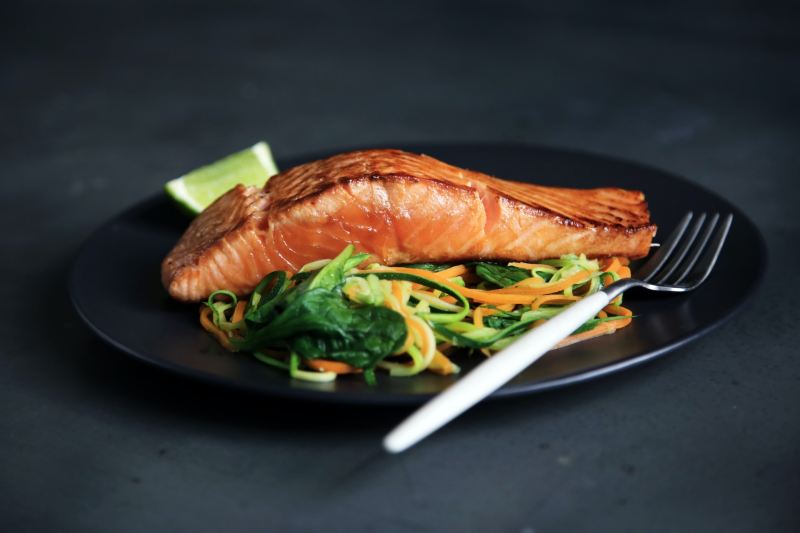
When it comes to healthy recipes featuring delicious food while helping maintain or even lose weight, the Mediterranean diet stands out from all the rest. You’ll find many health benefits associated with the food choices here, including heart-boosting vitamins and nutrients that are also known to reduce the risk of certain kinds of cancer.
The Mediterranean diet meal plan also helps you regulate body weight and avoid foods that could contribute to obesity, but without starving or feeling like you’re missing out on anything. You’ll get to choose among lean meats like chicken or fish as well as yummy nuts, oils, fruits, and vegetables. Your kitchen will smell amazing with meals made from mouth-watering ingredients that also help reduce inflammation, support healthy blood vessels, and lower your risk of diabetes.
Unlike fad diets, the Mediterranean diet encourages sustainable and healthier living with a variety of delicious meals that may keep you feeling better for more extended periods.
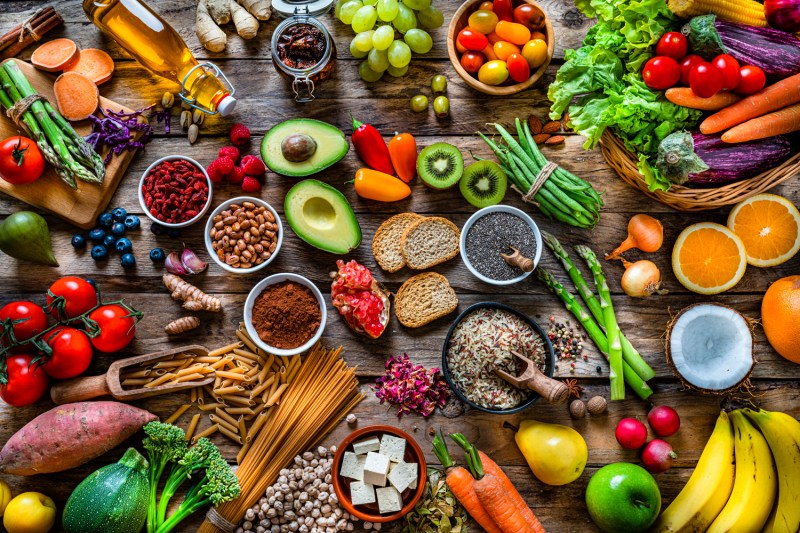
What is the Mediterranean diet?
Mediterranean diet food lists focus on items like fish, fresh fruits, and vegetables, as well as olive oil, nuts, legumes, and whole grains. You can drink wine when on this diet, but only in moderation. Some dieters also enjoy dairy or poultry from time to time. One of the nicest things about this diet is its variety, so you won’t get bored with the same old choices for every meal.
People who participate in a Mediterranean diet typically want fresh, colorful choices on their dinner plates. They prefer whole foods rather than highly processed options. This keeps mealtime enjoyable and fun. The Mediterranean style is more than a diet — it’s a lifestyle choice for people who take a more holistic approach to healthy eating and living.
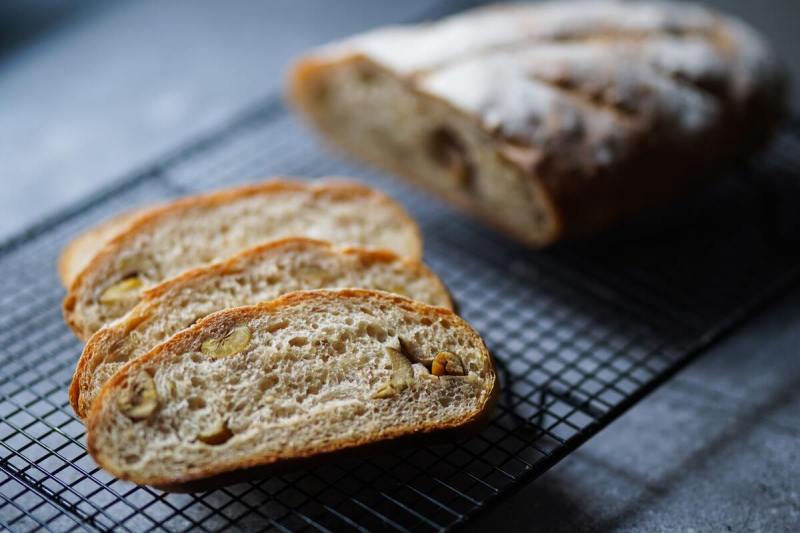
What foods can you eat on the diet?
1. Whole grains
Enjoy bread, pasta, and polenta made from whole grains such as buckwheat, barley, bulgur, oats, farro, brown rice, rye, freekeh, millet, and spelt.
2. Proteins
Fish is a big part of this diet. You can also enjoy yogurt, cheese, milk, chicken, turkey, and eggs.
3. Nuts and seeds
Easy-to-find nuts and seeds include walnuts, hazelnuts, almonds, pine nuts, cashews, and pistachios, as well as pumpkin, sesame, and sunflower seeds.
4. Beans and legumes
You will find a variety of delicious recipes making use of cannellini beans, chickpeas, fava beans, green beans, kidney beans, lentils, split peas, and tahini sauce.
5. Fruits and vegetables
Choose fresh veggies such as tomatoes, kale, spinach, broccoli, onions, cauliflower, cucumbers, sweet potatoes, and turnips when possible. You can also enjoy fresh fruits such as apples, oranges, bananas, pears, strawberries, grapes, melons, and peaches. Plus, what Mediterranean diet would be complete without dates or figs?
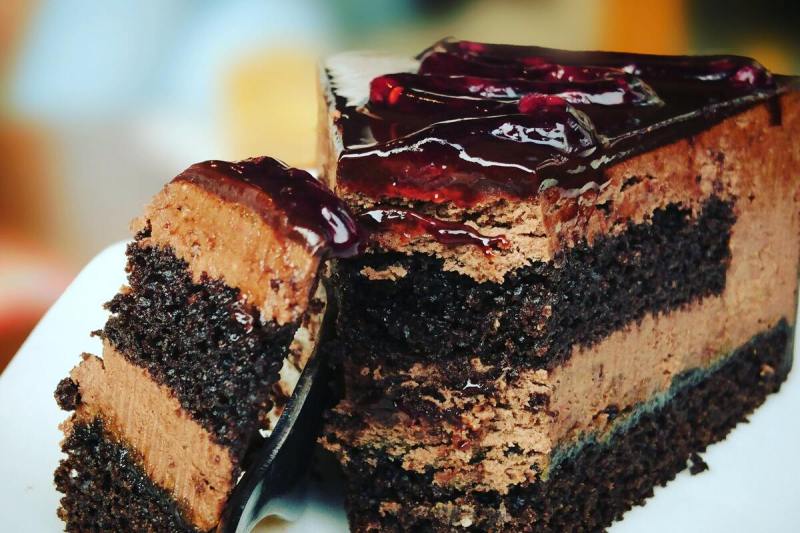
What foods should you avoid?
Avoid processed foods as much as possible while on the Mediterranean diet. You know the usual suspects: Cakes, chips, all that. These harmful foods contain high salt, sugar, saturated fat, and preservatives. Limiting these items — or avoiding them altogether — helps to prevent weight gain, high cholesterol, diabetes, and heart problems.
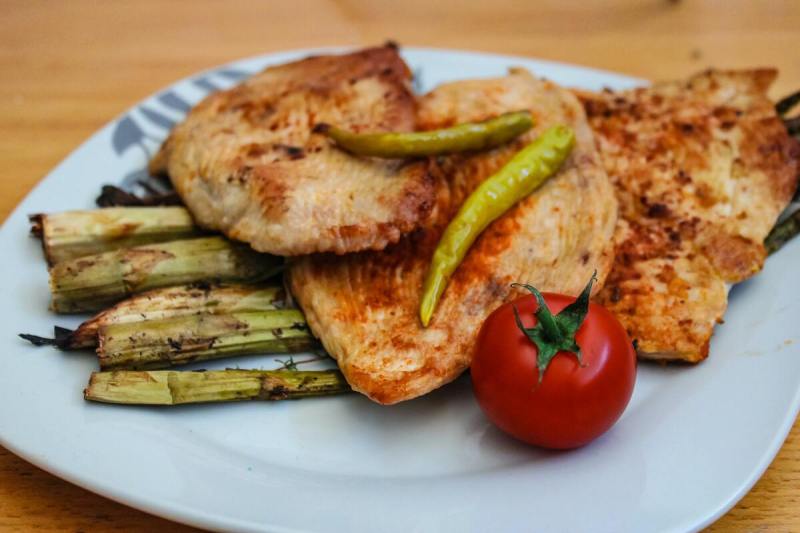
5 benefits of the Mediterranean diet
1. Weight loss
One of the main reasons people respond so well to the Mediterranean diet is the weight loss it can encourage. Adherents tend to have a lower body mass index (BMI). This is thanks to the diet’s high concentration of antioxidants and foods rich in anti-inflammatory properties. You’ll also find meals packed with fiber, which is known for helping people feel full and, therefore, less likely to overeat.
2. Good for the heart
People who eat foods that are plentiful in the Mediterranean diet are less likely to have heart problems. Food is the medicine we put in our bodies every day. Nuts, fish, and especially good oils help to protect the cardiovascular system. They also lower your risk for heart attack, stroke, and other debilitating heart-related events.
3. Brain booster
In addition to providing you with a heart-healthy diet, Mediterranean foods might also fight age-related memory and cognitive problems. Many doctors and scientists believe the food we eat directly impacts our brains as we age. Diets low in saturated fats and high in vegetables and fruits may boost brain power. Mediterranean foods may improve vascular function in the brain, and their anti-inflammatory properties may help slow the onset of dementia.
Many studies also show that the Mediterranean diet may improve cognitive function and slow decline. Some doctors recommend this diet to reduce the onset of Alzheimer’s disease. Keep in mind that this is simply one crucial aspect, and people should combine a healthy diet with both cognitive and aerobic exercise for maximum benefits.
4. Helps prevent type 2 diabetes
For those who might be at risk for type 2 diabetes, this diet is a terrific and tasty way to reduce that risk. Doctors often recommend giving the Mediterranean diet a try, as it’s been shown that those who regularly eat nuts and seeds and cook with olive oil have a lower risk of diabetes.
Making exercise and smaller portions a part of your lifestyle can always help. Additionally, a Mediterranean diet also helps to improve blood sugar levels in people who already have type 2 diabetes.
5. Improves mood
Adherents of the Mediterranean diet report lower rates of depression, according to several longitudinal studies. For example, some participants showed a 33% reduction of risk compared to people who ate a diet rich in processed meats, sugar, and trans fats.
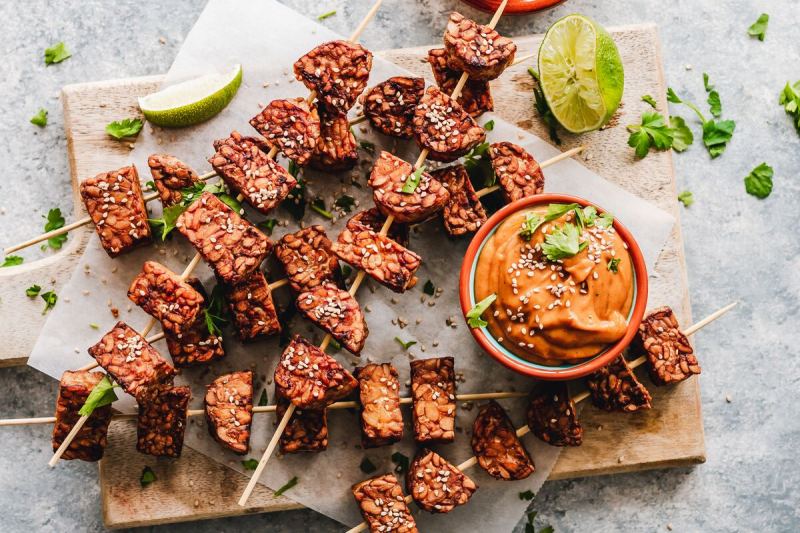
Are there any drawbacks?
Like any diet or lifestyle change, eating a diet rich in Mediterranean foods may not be a great choice for everyone. Some health issues that arise with this diet include:
- Possible weight gain from eating meals with too much olive oil and nuts
- Lower levels of iron
- Loss of calcium
Portion control can help limit weight gain from any high-fat diet. However, you should also consider a regular exercise routine to maintain a healthy weight.
Make sure your diet includes foods rich in iron and vitamin C to help your body absorb iron more effectively. If you want to avoid calcium loss, you can ask your nutritionist about taking a calcium supplement.
Some people find it problematic that wine is a part of a Mediterranean diet. However, you can simply avoid drinking it if that’s an issue. This is especially important if you are pregnant, at risk for breast cancer, prone to alcohol abuse or have a history of it, or if you should avoid alcohol for any other reason.
As with any change to your diet, be sure to talk with a doctor or nutritionist first. The fact that the diet combines a delicious variety of healthy foods can make it an excellent choice for people who want to maintain a healthy weight and start feeling and looking better. A Mediterranean diet can be an important first step toward a healthier life.

Can you follow the Mediterranean diet indefinitely?
When it comes to diets, most of them are temporary for weight loss — these are considered “fad diets.” Diets that fall under this category are typically very restrictive, making them unrealistic for the long term, and will lead to issues like nutrient deficiencies.
The Mediterranean diet is not considered a fad diet because the list of foods you can enjoy is long, and the purpose behind this way of eating is to improve your health, not just lose weight. We did mention before that you may experience a deficiency in iron or calcium, but as long as you make sure to meet your daily needs of those two nutrients, then the Mediterranean diet is a viable long-term option.
Editors' Recommendations
- How much protein do you really need? Here’s how to calculate it
- Our mashed potato recipe is the only one you’ll ever need (and it’s easy to memorize, too!)
- How to thicken sauce for just about every dish
- Cranberries are great for your health: RDs reveal how to add them to your diet this winter
- Need constipation relief? Add these food and drink items to your diet today




